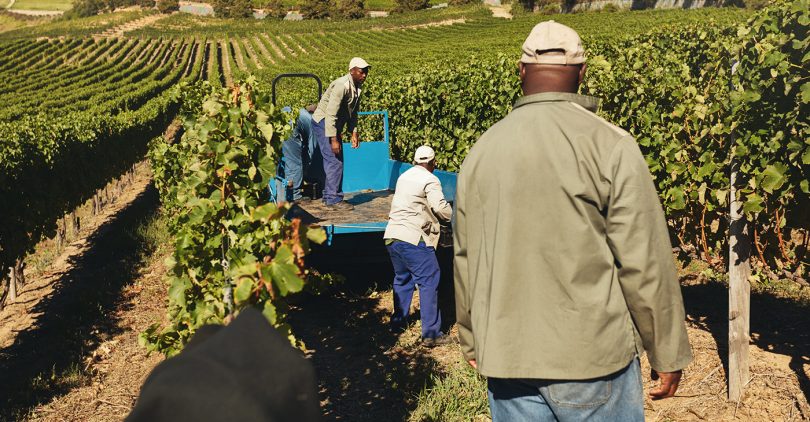
By Dr. Sybil C. Mitchell, Special to the New Tri-State Defender
The Black Farmers and Agriculturalists (BFAA) recently hit a snag when the U. S. Court of Appeals, District of Columbia Circuit, denied the group’s complaint against the United States Department of Agriculture (USDA).
“It was anticipated that the quest for justice and the cash award for BFAA’s 20,000 members for past years of racial discrimination could be won,” said Bishop David A. Hall Sr., ecumenical support advisor for BFAA. “The fight is very costly, but the dues of BFAA’s members afford the Association the opportunity to continue vigorous legal action on behalf of black farmers and their heirs.”
The descendants of Earnest Lee Boyland from Mason, Tenn. filed a lawsuit in the 1990s alleging that the USDA adhered to discriminatory policies against African-American farmers between the years of 1983 and 1997 when loans and other assistance programs were systematically denied to “black farmers.”
Others joined Boyland’s heirs in a class action and in 1999 an appellate judge agreed approving a settlement. By 2011, $1.06 billion had been paid to 16,000 growers across the country.
Tens of thousands missed the September 2000 deadline to file a claim under the initial ruling. To remedy this, Congress added a 2008 provision to the Farm Bill, allowing them to petition the court for their portion of the settlement. In 2010, Congress appropriated $1.2 billion for the second round of settlements.
The BFAA’s fight for nearly a decade has been to have the money already set aside to pay the additional class-action claims be actually paid to farmers and their heirs. Some have passed away over the past decade, waiting for redress.
Previously, this same court had denied the USDA’s motion for a summary ruling, which would have dismissed the claims of the additional litigants. BFAA President Thomas Burrell called that decision a monumental one that “vindicates our movement and vindicates the organization.”
Attorneys for the BFAA contended that a private claims administrator hired by the USDA improperly denied the plaintiffs’ efforts to join the second phase of settlements.
The attorneys for the 20,000-member organization had argued before a panel of judges with the District of Columbia Third Court of Appeals on October 1, 2018, in Washington, DC.
Although the latest decision announced by the Circuit Court caught BFAA by surprise, the issue is nowhere near over, Hall said.
“We will make the correct assessment of the ruling and will file appeals appropriately. BFAA is prepared for a fight.”
Hall, who is a farmer, said the Black Farmers and Agriculturalists Association is undeterred from its pursuit of social injustice, rectifying rural and urban disparities and demanding fair and equitable policies for African Americans.
“(BFAA) stands on its convictions that this nation has a moral and social responsibility to provide equal treatment under the law.”

